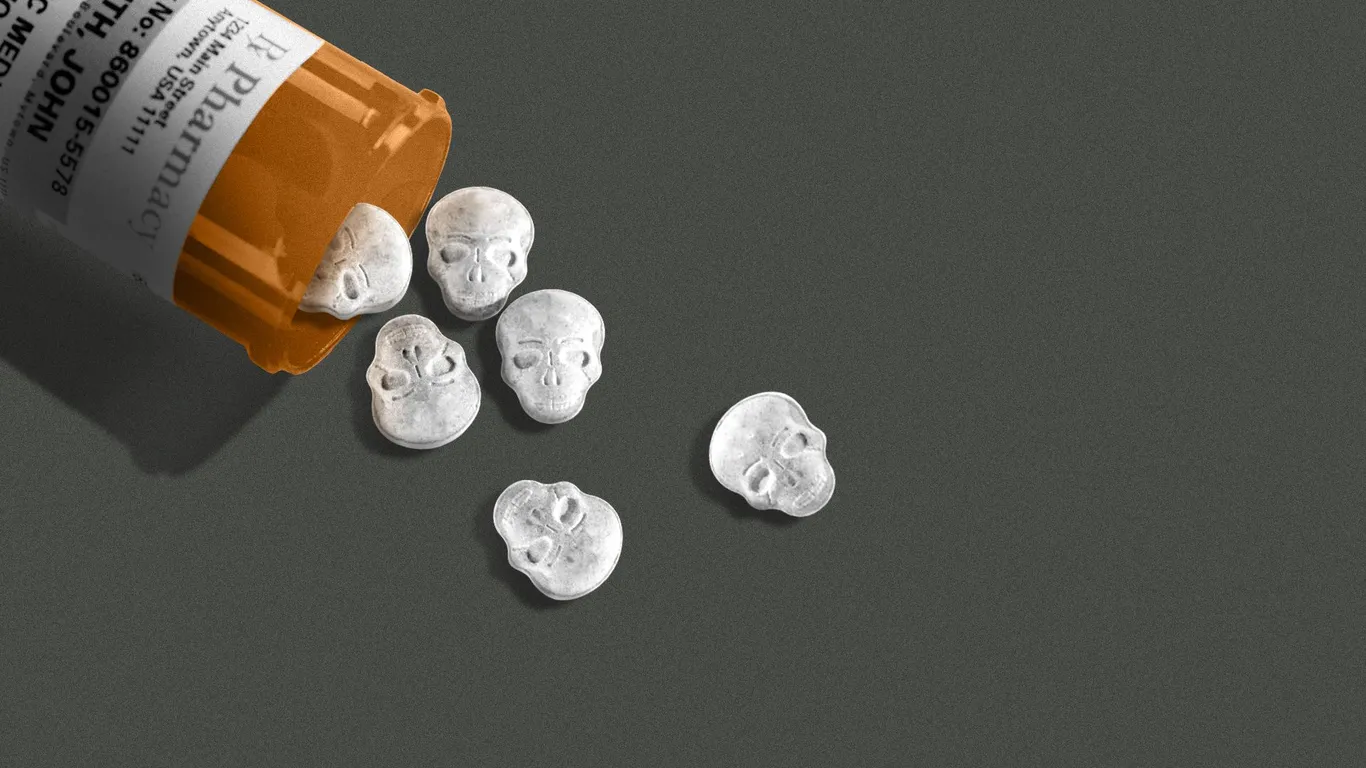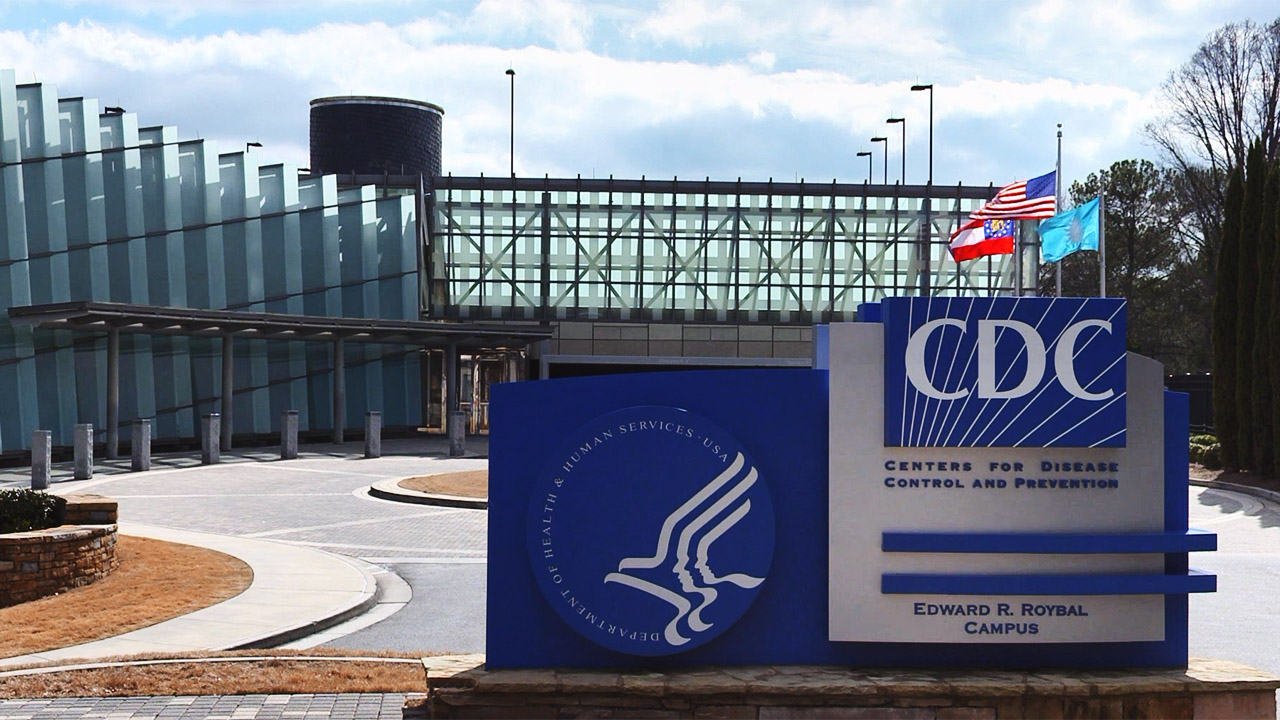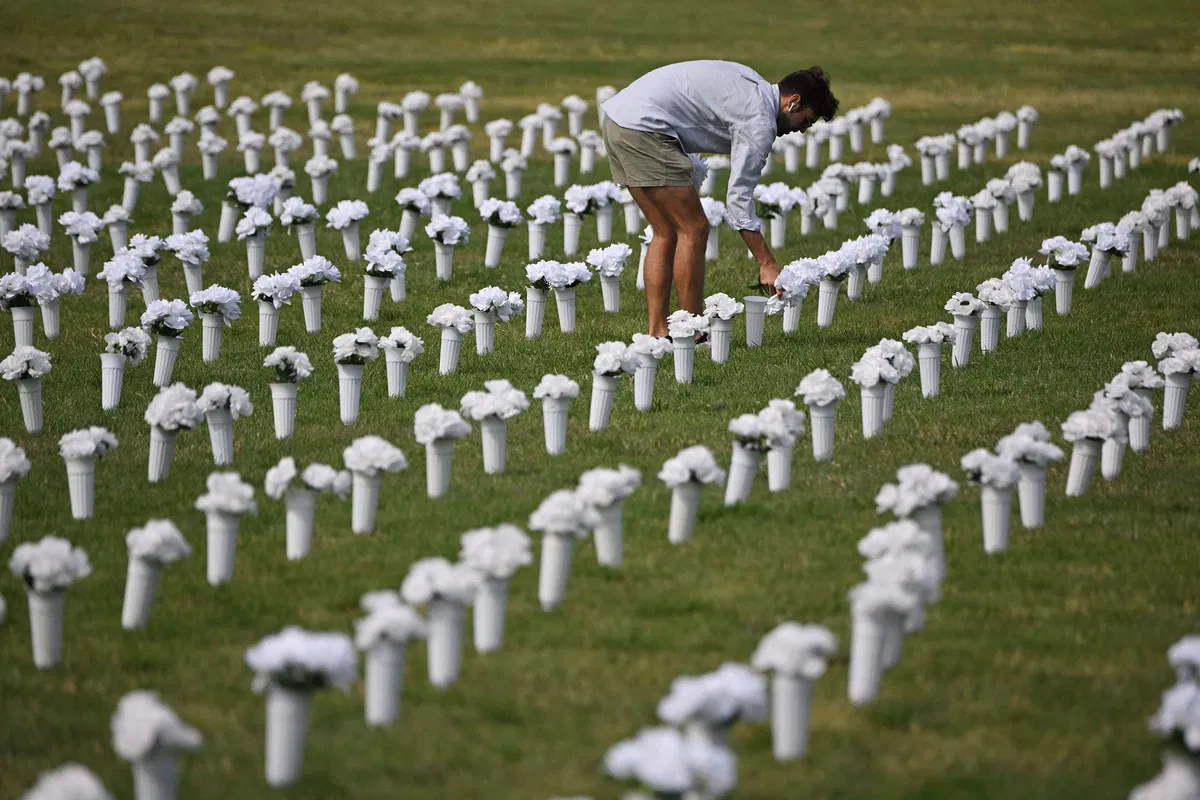Grants for Fentanyl Response in Jeopardy
The Trump administration has put approximately $140 million in critical grants for combating fentanyl overdoses on the chopping block, as reported by NPR. This funding is vital for public health departments nationwide, especially in the 49 states and the District of Columbia actively battling a crisis that has already claimed countless lives.
Lives at Stake Amid Funding Delays
According to sources within the CDC, the funding disruption could trigger a series of catastrophic events, including layoffs and program shutdowns. Public health officials have expressed deep concern that the announcement of delayed funding alone could unravel the safety net that has been painstakingly developed over the past few years. "These are lives at stake," said a CDC staff member, highlighting the urgency of the situation.

What to know about the fentanyl crisis
Impact on Overdose Prevention Programs
The funding in question is part of the Overdose to Action (OD2A) program, which has been instrumental in reducing overdose deaths, particularly from opioids and fentanyl. Experts emphasize that any changes to this funding would be catastrophic, as seen during the COVID-19 pandemic when interruptions in addiction care led to soaring drug deaths. Executive Director of the Big Cities Health Coalition, Chrissie Juliano, stated, "[OD2A funding has] been a critical piece of the decreases we"ve seen in overdose deaths." Without this funding, we risk losing ground in the fight against addiction.
Bureaucratic Confusion Fuels Crisis
The delays appear to stem from bureaucratic confusion involving the Department of Government Efficiency (DOGE) and the Office of Management and Budget. Staffers within the CDC have pointed to this cost-cutting effort as a significant barrier to timely funding disbursement. One employee lamented, "We"re cutting into muscle and bone," underscoring the desperate state of public health resources. This confusion not only threatens existing programs but also undermines the establishment of new ones necessary for monitoring and responding to the ever-evolving drug crisis.

CDC Exterior | CDC Newsroom
Potential for Increased Fatalities
As public health departments brace for potential funding cuts, researchers are already projecting dire consequences. A recent study published in early July estimated that the loss of insurance coverage could lead to approximately 1,000 additional fatal overdoses per year among those losing access to medical treatments for opioid addiction, according to Dr. Benjamin Linas, an addiction researcher at Boston University. This staggering figure paints a bleak picture of what could follow if federal support is withdrawn.
Monitoring and Surveillance Systems at Risk
The potential withdrawal of OD2A funding also threatens federally funded surveillance systems that have been established to keep track of new, dangerous substances entering the drug market. Keith Humphreys, a drug policy researcher at Stanford University, emphasized, "We"re just increasingly putting ourselves in the dark." Without effective monitoring, public health officials cannot adequately warn communities about the dangers present in their local drug supply. This lack of transparency could lead to more deaths and exacerbate the already critical situation.

Nearly 100,000 children in the US lost a parent to a drug ...
Hope Amid Uncertainty
Despite the grim outlook, some public health officials remain cautiously optimistic that the OD2A funds will arrive in time. However, the uncertainty surrounding the funding has already led departments like Vermont"s to pause new spending, leaving many programs in limbo. Dr. Bisola Ojikutu, Boston"s commissioner of public health, stated that they are assessing the potential impact of these delays, but without formal notice, the future remains precarious.
The Broader Implications of Cuts
The situation reflects a broader trend of undermining public health initiatives under the Trump administration. Previous cuts to critical research teams and agencies such as the Substance Abuse and Mental Health Services Administration have left the addiction treatment landscape vulnerable. As reported by research findings, these dismantling efforts contribute to a dangerous environment where public health is compromised, and communities are left to fend for themselves against the growing tide of addiction.







![[Video] Gunfire between Iraqi security forces and Sadr militias in Baghdad](/_next/image?url=%2Fapi%2Fimage%2Fthumbnails%2Fthumbnail-1768343508874-4redb-thumbnail.jpg&w=3840&q=75)
